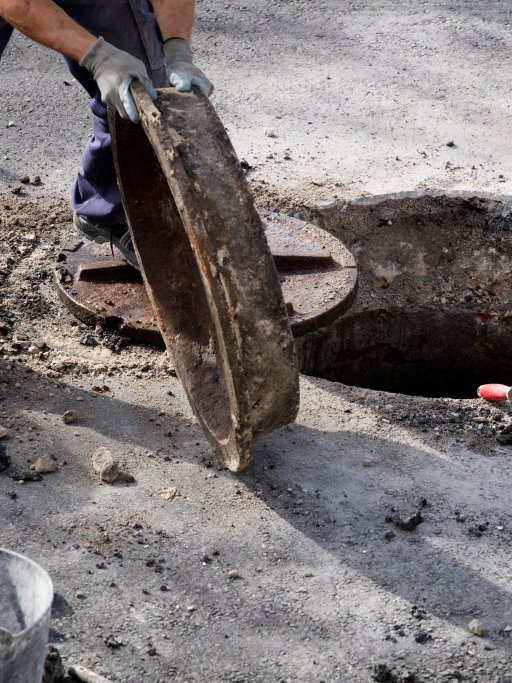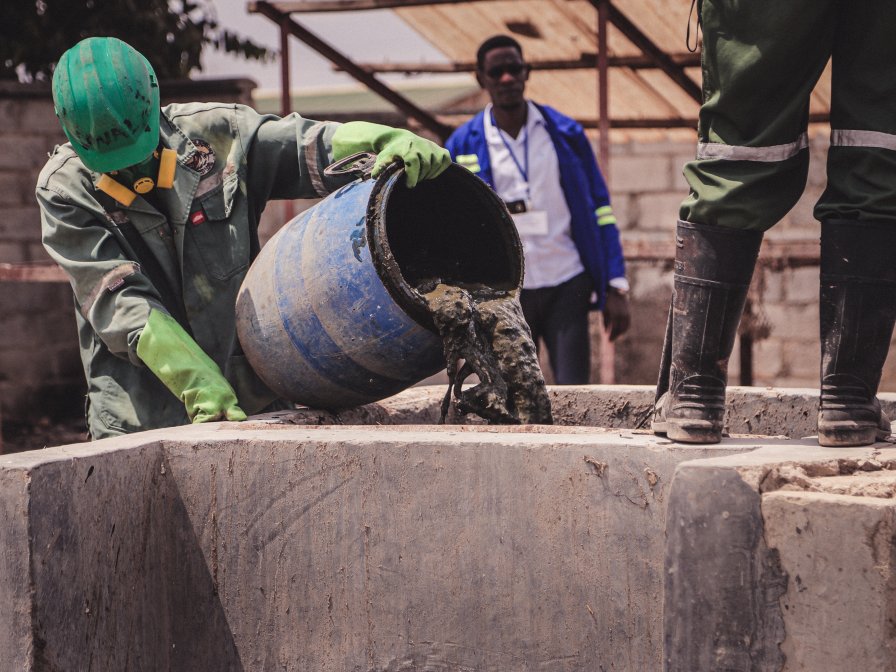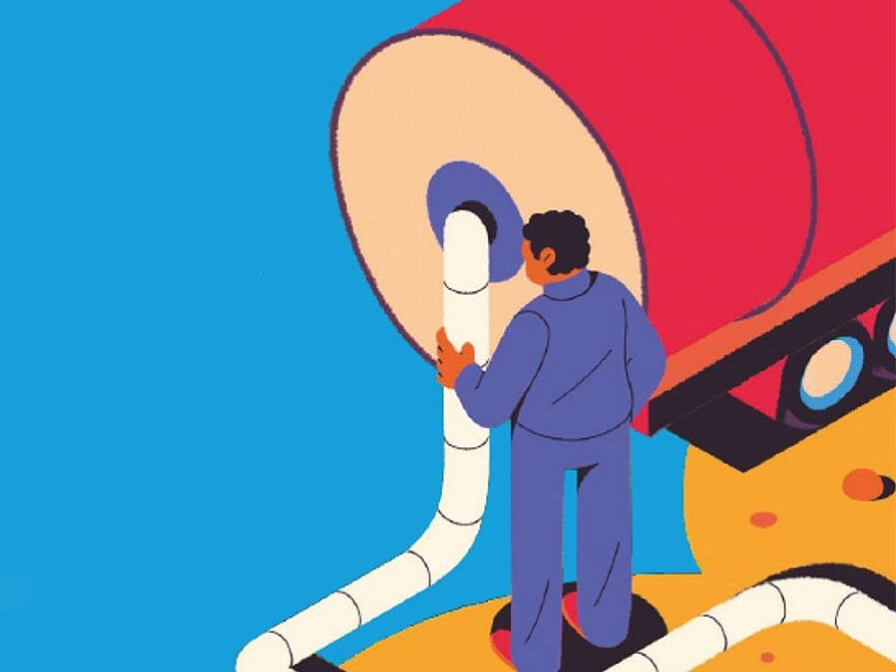Sanitation-focused Water Operators’ Partnerships
The situation is alarming, more than 2 in 5 of the people worldwide are lacking safely managed sanitation services, the Sustainable Development Goal (SDG) 6.2 on safe access to sanitation services remains off track.
Despite progress, in 2022:
- 3.5 billion people worldwide had no access to safely managed sanitation services
- 419 million people still practice open defecation
- Even high-income economies are confronted with the challenge of sustaining wastewater management and adapting to changing consumption and production patterns affecting wastewater quality.
Inadequate facilities pollute groundwater with faecal matter, jeopardizing water quality and contributing to disease outbreaks. This highlights the urgent need for better sanitation.
Achieving universal access requires addressing technical, institutional and financial challenges. Still, many local authorities and service providers lack the necessary methods, governance and resources to effectively scale up sanitation and wastewater services.
GWOPA’s Role in Enchanting Sanitation Services: SWOPs
Through our new sanitation strategy, we aim to foster partnerships beyond public utilities, engaging municipalities, local governments, NGOs and the private sector in Sanitation-focused Water Operators' Partnerships (SWOPs). By prioritizing community-driven behavioral change and leveraging diverse stakeholders, we can accelerate progress towards universal sanitation access.
As part of the Water Action Agenda, GWOPA has made a commitment to scale up to at least 100 new WOPs and SWOPs by 2030. In line with this pledge, our complementary Sanitation Strategy aims to transform GWOPA's approach to sanitation and drive progress towards universal access.

Key Objectives of the Sanitation Strategy
Focus on expanding SWOPs to enhance universal sanitation access, aiming for 35 new partnerships by 2030, with an emphasis on urban sanitation operators.
Taregt core issues in sanitation services, especially in low- and middle-income countries, and promote regional and South-South partnerships for progress.
Address sanitation coverage gaps between the Global North and South through peer learning and innovative solutions, facilitated by SWOPs.
In practice, many cities in low- and middle-income countries are struggling to manage wastewater and faecal sludge effectively throughout the sanitation service chain. There is misalignment in many of these cities between the predominance of on-site sanitation and the low availability of treatment facilities capable of treating faecal sludge. SWOPs could be used effectively to help bridge the gaps through peer-to-peer learning and South-South cooperation to share knowledge and inspire replication of best fit approaches.



